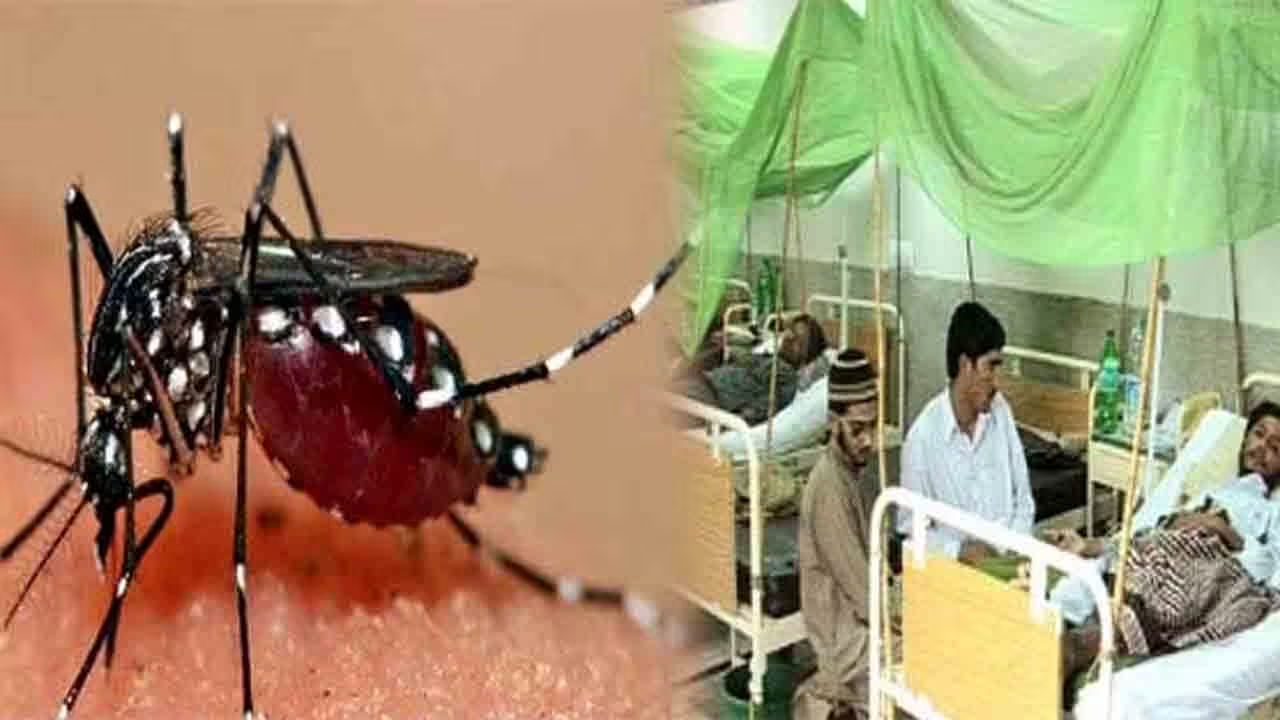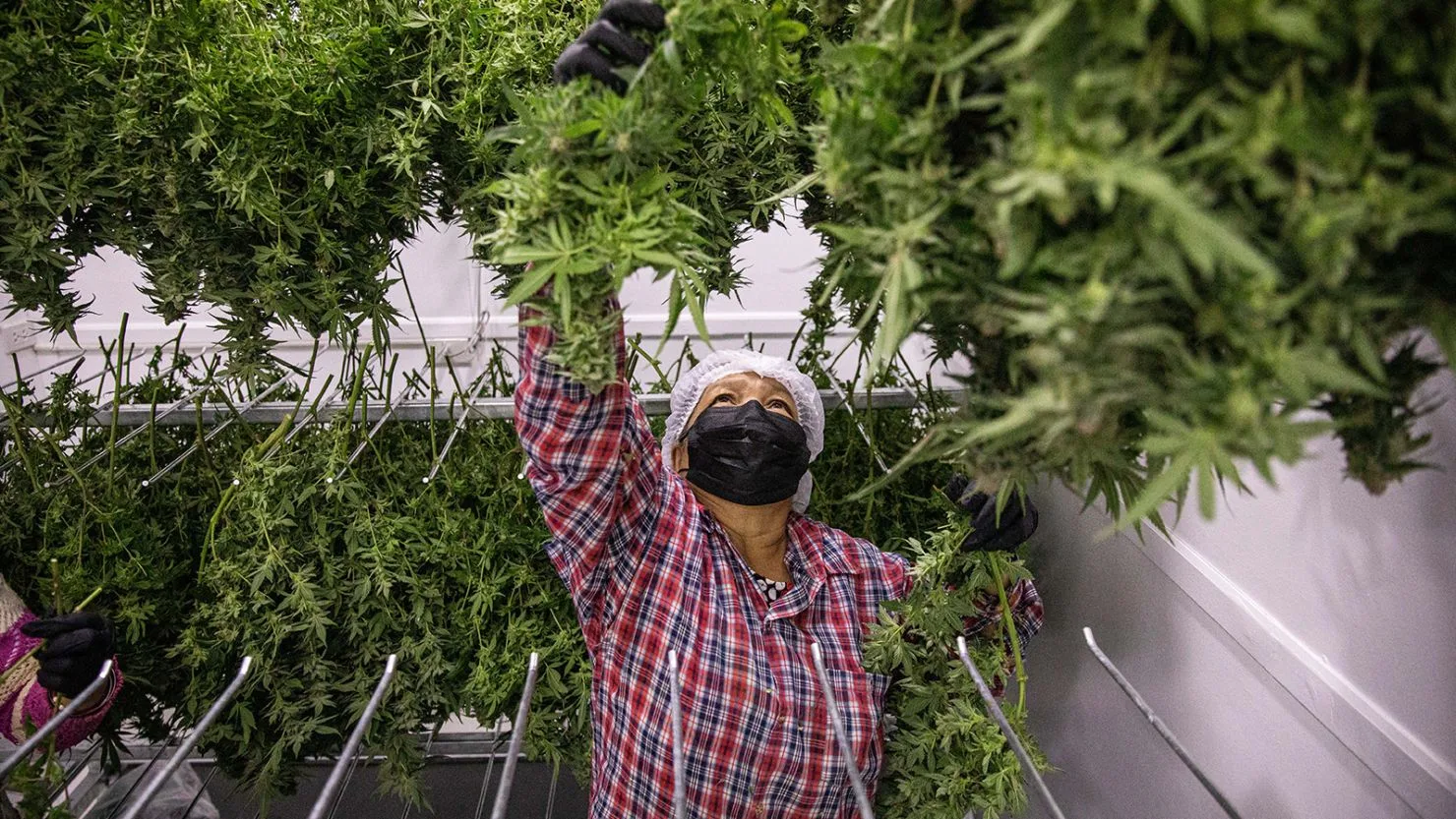Punjab, the most populous province of Pakistan, is currently grappling with a growing dengue outbreak. According to the latest reports from the Health Department, a worrying number of new dengue cases have been confirmed across several districts in the province. The increase in cases has raised alarms among health officials and the general public alike, prompting the provincial government to strengthen its efforts in controlling the spread of the disease.
Latest Dengue Reports
In the past 24 hours alone, 66 new cases of dengue have been reported from different cities across Punjab. Rawalpindi remains the hardest-hit district, reporting 55 new cases. Lahore, the provincial capital, has reported 5 cases, while Jhelum and Rahim Yar Khan have each confirmed 2 cases. Other districts like Faisalabad, Lodhran, Nankana Sahib, and Bahawalnagar have also reported isolated cases, with one case each.
This brings the total number of cases reported in Punjab to 391 in just one week. So far, this year, the province has witnessed 1,163 cases of dengue, a significant number that points to the growing severity of the outbreak.
The Provincial Response to Dengue
In light of these alarming numbers, the Health Department of Punjab has ramped up its efforts to combat the dengue virus. Mosquito-borne diseases like dengue are endemic to the region, and each year during the monsoon season, the province sees a spike in cases. The current wave, however, seems more severe than usual, with many districts reporting rising numbers.
According to health department spokespersons, teams are actively working to contain the spread by carrying out fumigation drives, especially in areas with stagnant water, which serves as breeding grounds for the Aedes mosquito. Hospitals are also being placed on high alert, with designated wards prepared to handle dengue patients.
Understanding the Dengue Virus
Dengue is a viral infection caused by the dengue virus, primarily transmitted through the bite of infected Aedes mosquitoes. Symptoms of dengue include high fever, severe headache, pain behind the eyes, joint and muscle pain, rash, and mild bleeding. In some cases, dengue can develop into severe forms such as dengue hemorrhagic fever (DHF) or dengue shock syndrome (DSS), which can be fatal if not treated promptly.
The increased reporting of cases in Punjab is not unique to the region. Across many parts of Pakistan and South Asia, dengue cases have been on the rise due to a combination of factors, including monsoon rains, which create ideal breeding conditions for mosquitoes, and urbanization, which often results in poor waste management and stagnant water accumulation.
Areas Most Affected by the Outbreak
While the whole of Punjab is facing an increase in dengue cases, Rawalpindi has become a focal point for the current outbreak. The city has consistently reported the highest number of cases, and health officials have intensified fumigation and mosquito control activities in the city.
Other major cities like Lahore, Faisalabad, and Rahim Yar Khan are also on high alert. Despite the relatively lower number of cases in these areas, the health department is encouraging residents to take precautionary measures to prevent further spread.
Preventative Measures to Control Dengue Spread
Controlling the spread of dengue requires collective efforts from both the government and the public. The Health Department of Punjab has issued guidelines to help citizens protect themselves from the disease. Some key measures include:
Mosquito Control: Fumigation drives have been launched across dengue hotspots to eliminate mosquito populations. Citizens are urged to cooperate by ensuring that no stagnant water accumulates in and around their homes.
Use of Mosquito Repellents: Health officials recommend the use of mosquito nets and repellents, particularly during the early morning and late evening hours when mosquitoes are most active.
Public Awareness Campaigns: The Health Department has also launched awareness campaigns to educate the public about the symptoms of dengue and how to prevent mosquito bites. These campaigns are focused on encouraging people to cover exposed skin and wear light-colored clothing, which is less attractive to mosquitoes.
Community Engagement: Citizens are also being urged to clear their surroundings of stagnant water, which can collect in flower pots, old tires, and water tanks. The government is actively working with community leaders to ensure a coordinated response.
Government’s Role and Future Steps
The government has intensified its efforts to deal with the outbreak, but the rise in cases points to the need for a long-term strategy to combat dengue. More hospitals and healthcare centers have been equipped with dengue testing kits and treatment facilities, and the Health Department is ensuring that medical staff is trained to handle severe cases of dengue.
In addition to fumigation efforts, the government is working on improving waste management systems to prevent future outbreaks. Efforts to implement better drainage systems in urban areas are also underway to eliminate mosquito breeding grounds.
The rise in dengue cases in Punjab, especially in cities like Rawalpindi, has become a cause for concern. With 391 cases reported in the last week alone, and over 1,163 cases this year, the health authorities are in a race against time to control the outbreak. While the government is actively working to combat the virus through fumigation and public awareness campaigns, the onus is also on the public to take necessary precautions to avoid mosquito bites and eliminate breeding grounds in their homes.



